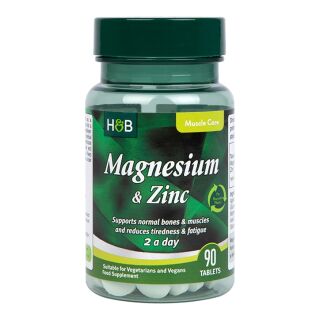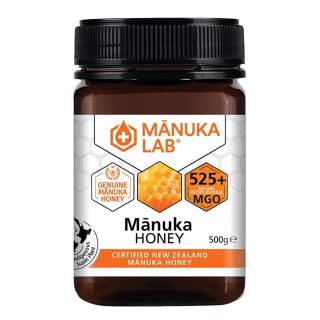Let's start with the basics!
What is menstruation and what is its purpose?
The creation and continuation of life is due to the ability of the female body to be able to support the process of conception, pregnancy and childbirth. The female body, each month, is designed to get ready for the possibility of pregnancy and because of that, it "takes the appropriate steps" to ensure that the environment, in which the fertilized egg will begin to develop, is the most suitable.
- Abdominal pain (mild to severe)
- Headache
- Dizziness
- Nausea
- Increased appetite and strong desire for sweets
- Breast Tenderness
- Muscle weakness
- Severe fatigue
- Reduced ability to concentrate
- Reduced productivity
Nutrients. Where should we focus on?
- HYDRATION: Hydration is very important, especially during menstruation, when fluid losses increase. It has been shown that dehydration can intensify period pain, leading to increased feelings of fatigue. Coffee, various teas - without added sugar - fruits, vegetables, smoothies, milk and yoghurt, all contribute to an adequately hydrated body.
- Disclaimer: While coffee contributes to overall hydration, caffeine has been associated with increased symptom severity. So, during menstruation, you can go for caffeine-free coffee & teas. Prefer teas with ginger, saffron and/or peppermint, which seem to contribute to reduced muscle cramp severity.
Extra tip: Don't wait until you're thirsty to drink water. Drink small sips, at regular intervals. Don't forget that we are 70% water!
- Magnesium. Enrich your diet with magnesium-rich foods. How? Add nuts to your yogurt or seeds to your salad, while banana, avocado and dark chocolate are additional allies. If you're magnesium deficient, period pain can get worse, as magnesium is a key component of muscle, while also playing a key role in the smooth functioning of the nervous system. Two of the most commonly reported pre-menstrual symptoms are muscle cramps and mood swings. I don't think we need to say more!
- Fruits & Vegetables. You're tired of hearing that you need to eat an abundance of fruits and vegetables. We know! But they are very important for almost all body functions, and menstruation days require nutrients like vitamins, minerals and antioxidants as well as good hydration. Fruits and vegetables come to help with both of these needs!
- Iron. One of the most important nutrients during menstrual days is iron, due to increased blood loss. Needs are increased even more if there is heavy flow, low ferritin levels (i.e. low iron stores) and if we follow a vegan diet. If you eat meat, prefer eating red meat 1-2 times a week, while rich plant sources include legumes, soy products, dried apricots, pumpkin seeds and green leafy vegetables.
- Vitamin D. The "sunshine vitamin", which we cannot easily get from our diet. It has been noted that vitamin D deficiency has been associated with increased symptom severity in the days before and during menstruation. Keep in mind to check your vitamin D levels often. Taking a supplement, in case of a deficiency, is a safe option to correct any low levels and further help the menstrual cycle function smoothly.
- Omega-3 fatty acids. The ubiquitous omega-3 fatty acids come to offer their benefits to the smooth functioning of the cycle as well. Enrich your diet with oily fish at least once a week and add nuts, flaxseeds and chia seeds to your snacks. Finally, fish oil supplementation seems to be a very good choice, especially if you don't often consume the above foods. A recent 2023 systematic review shows that supplementation with Omega-3 fatty acids for at least 3 months contributed to a reduction in the severity of menstrual pain as well as reduced use of analgesics.



















